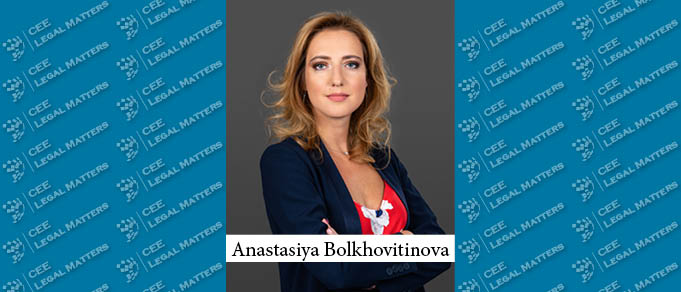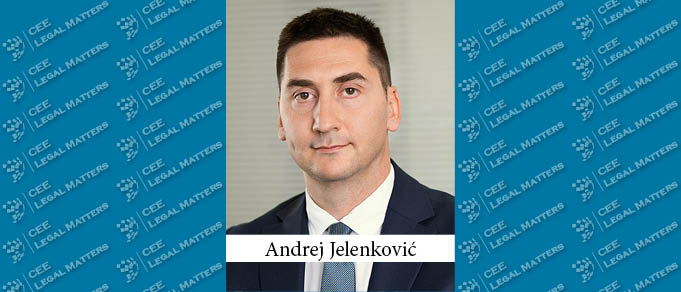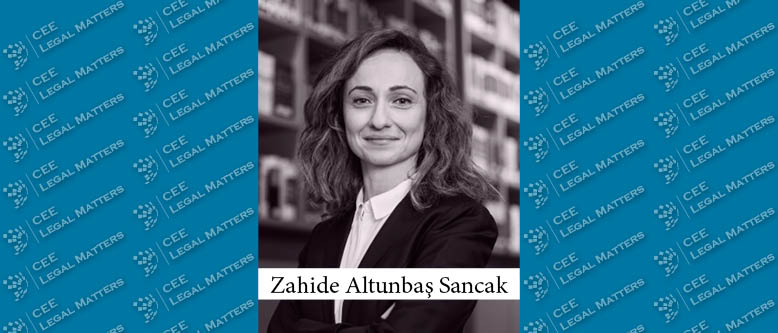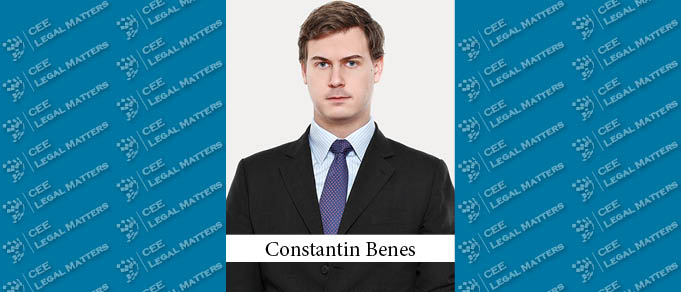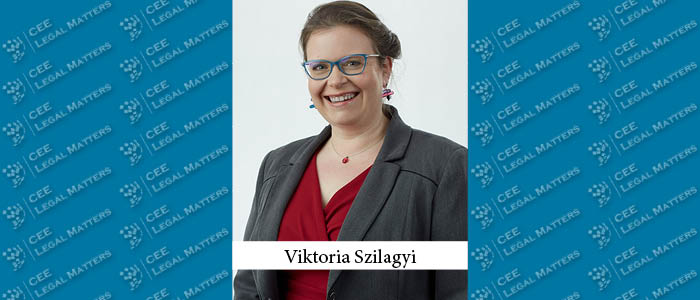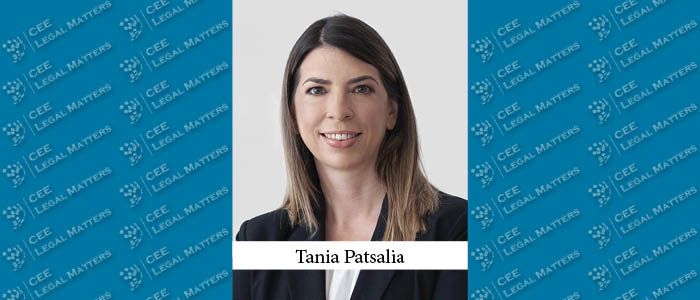Despite the recent escalation of the conflict in Eastern Ukraine and its negative impact on business in the country, Anastasiya Bolkhovitinova, Counsel at Kinstellar, says that telecommunications and IT have been on the rise, and significant legal changes were introduced on tech incentives, foreign direct investment, capital markets, and agricultural land.
New Law on Electronic Invoicing
The Law on Electronic Invoicing entered into force on 7 May 2021 (“Official Gazette of the RS“, no. 44/2021). It obliges public and business entities to use the system of electronic invoices for issuing, sending, receiving and storing electronic invoices. On July 9 2021, the government adopted a set of bylaws necessary to implement the law.
Romania: The Close Link Between GDPR Compliance and Cyber Security Breaches Is Often Disregarded
The close relationship between data protection and cyber security results from Art. 5 of the European Union’s (EU) General Data Protection Regulation (“GDPR”) which outlines one of the most important principles relating to processing of personal data: “integrity and confidentiality”.
Legal Liability for AI Decision Making
With the most recent technological developments, Artificial Intelligence [“AI”] and related technologies are being deployed by governments and businesses alike in a wide spectrum of sectors. With applications of AI increasing exponentially in every possible aspect of society, there is no doubt an accompanying aspect of risk, which is nearly impossible to measure. In this article, we try to focus on the possible legal ramifications and liability risks associated with AI decision-making.
Blockchain and (Un)Real Estate
Blockchain technology has – so far – not lead to a transfer of the world's land registers onto this technology or to a "tokenization" of title (documents). The only significant exception in this respect is Georgia where a purchaser's title to real property can be registered by execution of a smart contract.
The EU Commission Presents next Steps in the Setting up of the Joint Cyber Unit
The COVID-19 pandemic has boosted digitalization and digital interaction at all levels of European society. Along with increased interconnectivity, however, came greater vulnerabilities and threats from a cybersecurity perspective.
New Rules for Copyright and Geographical Indications
The European Commission published the Digital Single Market Strategy for Europe in 2015, the aim of which is the creation of a modern and more European copyright framework system. The Commission presented in 2016 its legislative proposals to modernise EU copyright law, which resulted in the adoption of two directives: one laying down rules on the exercise of copyright and related rights applicable to certain online transmissions of broadcasting organisations and retransmissions of television and radio programmes (“SatCab Directive”) and another on copyright and related rights in the Digital Single Market (“CDSM Directive”).

